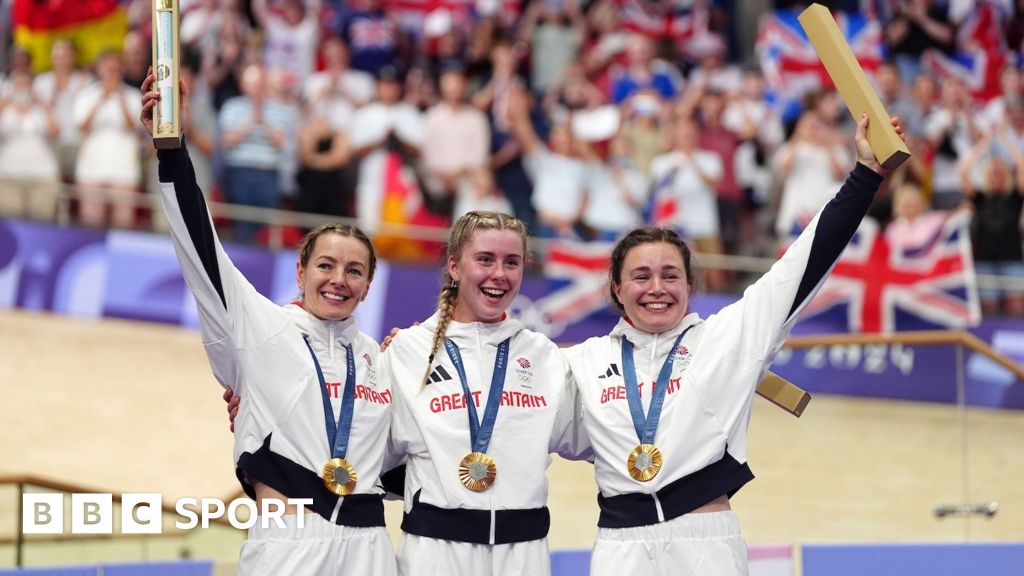Great Britain did not even qualify for the women’s team sprint at the Rio and Tokyo Olympics, while at London 2012 – the first time the event was added to the programme – Victoria Pendleton and Jess Varnish were disqualified from the final.
It was in 2019 that the British squad made a pact to “change the narrative”.
They had had enough of being the “tag-along squad”, the “weakest link” in the British Cycling machine during an era around the London and Rio Olympics when sprint medals were not sparse thanks to the likes of Pendleton, Varnish and Becky James.
But then came the drought. From 2017 to 2020, Britain’s female sprinters won no medals at World Championship level, and only one – a team sprint silver in 2020 – at the Europeans.
At the postponed 2020 Tokyo Olympics, held in 2021, Marchant was the sole female sprinter in the Team GB squad and came home empty-handed.
But it was around that time that she started to notice changes. More work was being done to bring female sprinters through the system into an elite squad that was thin on numbers.
After Tokyo, in came a new coach, Australia’s four-time world champion Kaarle McCulloch. Her arrival brought with it renewed confidence in and among the athletes, and a feeling that they finally had a voice at the table.
Under McCulloch and now new coach Scott Pollock, that has paid dividends. Finucane has the world champion’s rainbow jersey, while Marchant is the 500m time trial European champion, and with Capewell, the trio topped the world rankings coming into Paris.
In the French capital their execution was nigh-on perfect, securing Team GB’s 11th gold of the Games on the first night of action on the track.
Capewell, who lost her father, Nigel – a two-time British Paralympian – in 2021, said: “The support, the journey to get here, I’ve had my own personal battles and I wish my dad could have been in the stands watching me, but I know he was proud of me.
“It didn’t feel real all day, we just did every ride and ‘oh faster, oh faster again’.”

